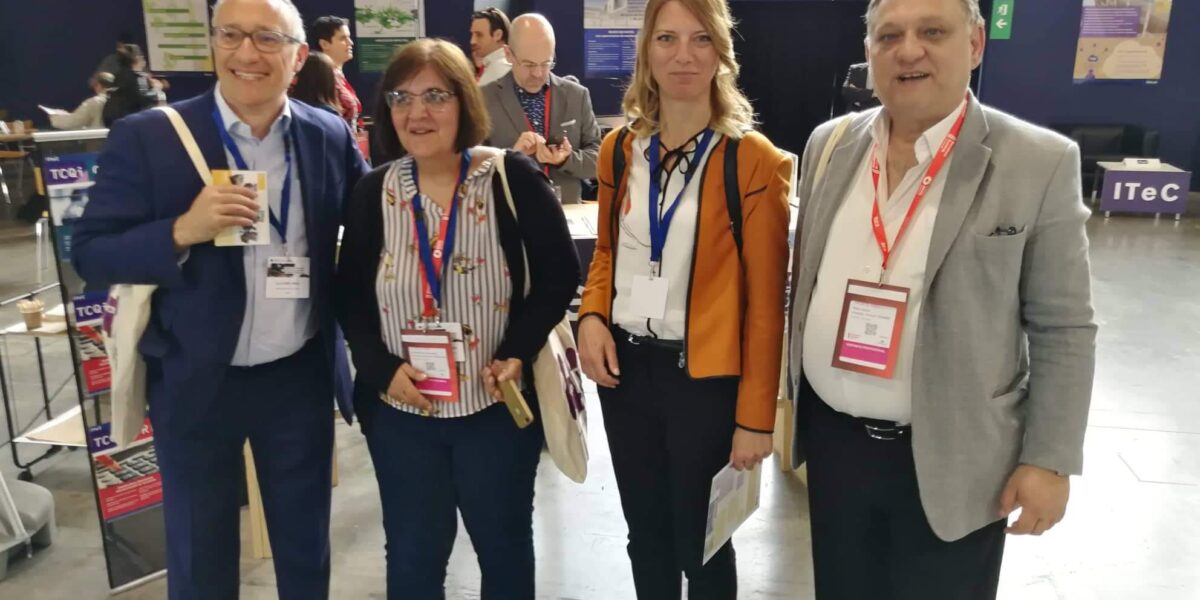Тhe link between digital skills and the energy performance of buildings is important enough to be the subject of a full-day workshop. On the one hand, the European building sector needs to complete the decarbonisation of building stock if the EU is to meet its climate targets. On the other hand, it needs to make the most of the new digital technologies that are rapidly changing the way buildings are designed and constructed. The lack of a workforce trained in digital skills remains one of the biggest hurdles to Europe achieving its ambitious energy-performance targets for buildings. A ‘cognitive revolution’ is needed to provide everyone involved in the building process with updated knowledge and the required competence. Sometimes, there is over 50 % diference between the claimed and the actual energy performance of a building. Training building professionals to deliver better quality and en- suring a more efcient interaction between tradespeople on building sites can help reduce this ‘performance gap’. Although digital technologies, such as drones, 3D printing, artifcial intelligence, building information modelling (BIM), or the Internet of Things are said to be revolutionising con- struction, the building sector remains one of the least advanced when it comes to the use of digital technologies. Using these new digital tools will require those designing, constructing and operating build- ings to reshape their organisations. Workers need up-to-date skills so that they can design and construct buildings faster, cheaper, and of higher quality and energy performance.
The team from the Knowledge and skills management centre participated at the workshop in order to learn about new training aproaches in digitisation of construction industry.


